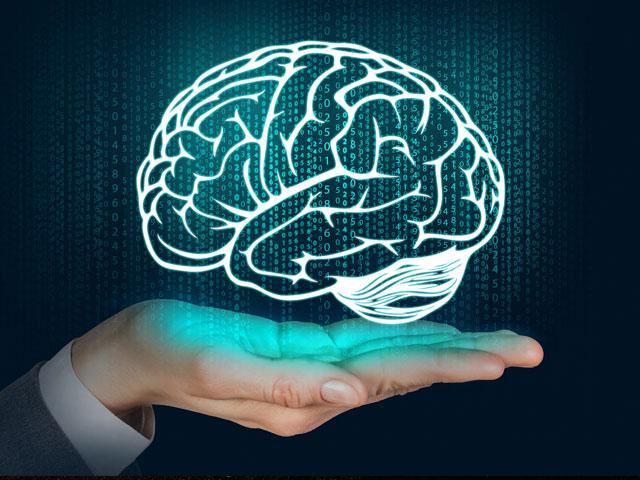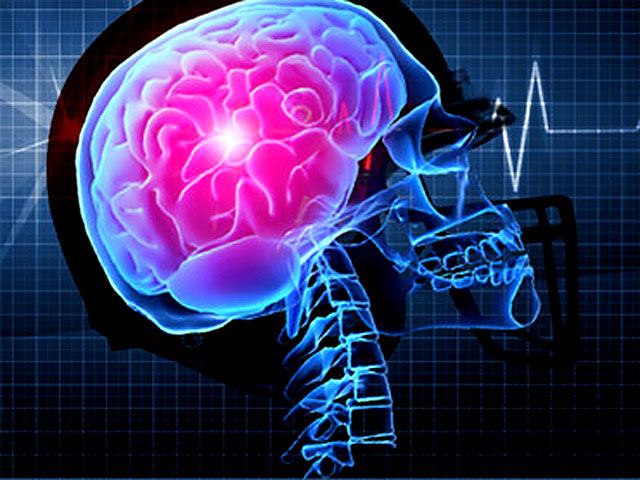Between Emotions and Cognitive Performance

Emotions are an intrinsic part of the human experience, shaping our perceptions, behaviors, and overall well-being. We often consider them as distinct from our cognitive abilities, but research has revealed a profound connection between emotions and cognitive performance. Our emotional state can significantly influence how our minds operate, impacting memory, attention, problem-solving, and decision-making. In this blog post, we will explore the intricate relationship between emotions and cognitive performance, shedding light on the fascinating interplay that affects our daily lives.
Body:
Emotions as Catalysts for Cognitive Performance
Emotions can act as powerful catalysts for cognitive performance, either propelling us forward or hindering our abilities. Positive emotions, such as happiness, joy, and excitement, have been linked to enhanced cognitive functioning. They broaden our attention, expand our thinking patterns, and promote creative problem-solving. Positive emotions also bolster memory retrieval and consolidation, facilitating better learning and retention. On the other hand, negative emotions like stress, anxiety, and fear can impair cognitive processes. They narrow our focus, limit our ability to think flexibly and impede memory formation. Chronic stress, in particular, has been associated with reduced working memory capacity and decreased cognitive flexibility. Understanding how emotions influence cognition empowers us to harness positive emotional states and manage negative emotions effectively.
The Role of Emotional Regulation
Emotional regulation plays a crucial role in optimizing cognitive performance. The ability to regulate our emotions enables us to adapt to challenging situations, maintain focus, and make rational decisions. Cognitive reappraisal, a strategy involving the reinterpretation of emotional events, has shown promising results in enhancing cognitive performance. By reframing the meaning of a situation, we can modify our emotional response, mitigating its potentially negative impact on cognition. Mindfulness, too, has gained attention as an effective technique for emotional regulation. Engaging in mindfulness practices reduces stress, enhances emotional well-being, and improves cognitive functions such as attention and working memory.
Emotions, Attention, and Memory
Attention and memory are vital cognitive processes influenced by emotions. Emotions capture our attention, directing it towards emotionally salient stimuli. This mechanism ensures that significant events are encoded and remembered. For example, the emotional intensity of a personal experience increases the likelihood of remembering it vividly. Emotionally charged memories are often more vivid and enduring than neutral memories. However, the relationship between emotions and memory is complex. While positive emotions can enhance memory retrieval, negative emotions can both impair and enhance memory depending on various factors. Intense negative emotions can lead to memory distortions and intrusive thoughts. Yet, moderate levels of anxiety or stress can enhance memory for details due to the activation of the amygdala, a brain region associated with emotional processing.

Emotions and Decision-Making
Emotions exert a profound influence on decision-making. Emotional signals guide our choices by imbuing them with value and significance. Research has shown that individuals with damage to the emotional centers of their brains struggle to make decisions, even when their cognitive abilities remain intact. Positive emotions tend to promote risk-taking behavior, while negative emotions often lead to more cautious decision-making. However, decision-making is a delicate balance between emotional intuition and rational analysis. Finding harmony between emotions and cognition is key to optimal decision-making. For more articles, information, and resources about memory supplements, please visit their page to learn more.
Conclusion
The intricate relationship between emotions and cognitive performance underscores the importance of emotional well-being for our overall mental functioning. Emotions can either enhance or impede cognitive processes, shaping our attention, memory, and decision-making abilities. By understanding this connection, we can harness the power of positive emotions, regulate negative emotions, and cultivate emotional resilience. Practicing emotional regulation techniques, such as cognitive reappraisal and mindfulness, can optimize our cognitive performance and improve our quality of life. So, let us embrace our emotions and nurture our cognitive abilities, realizing the remarkable potential that lies within the connection between the two.



